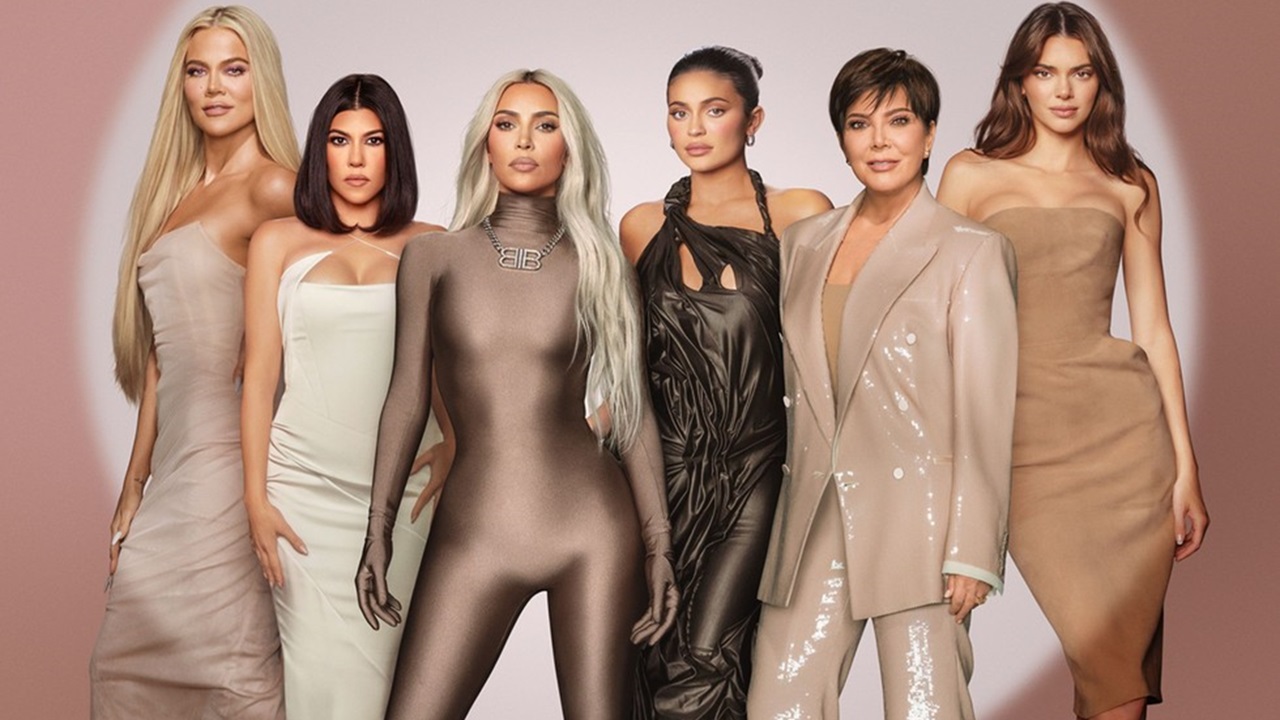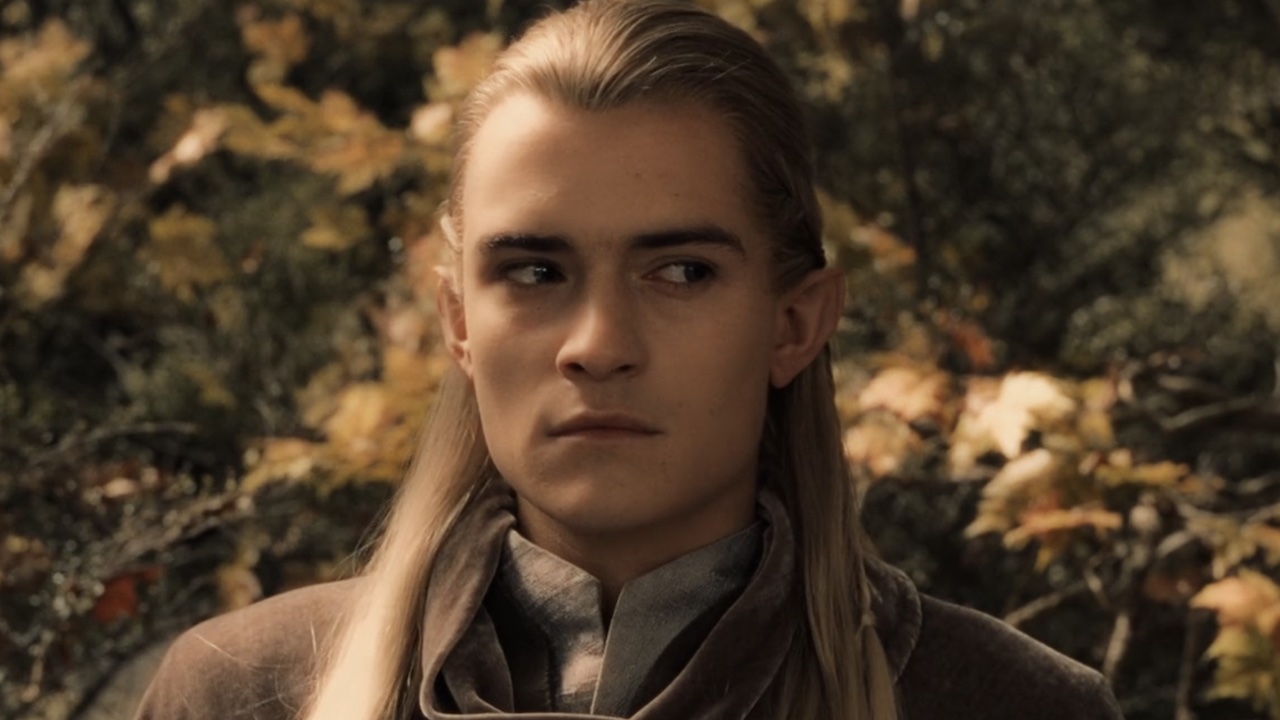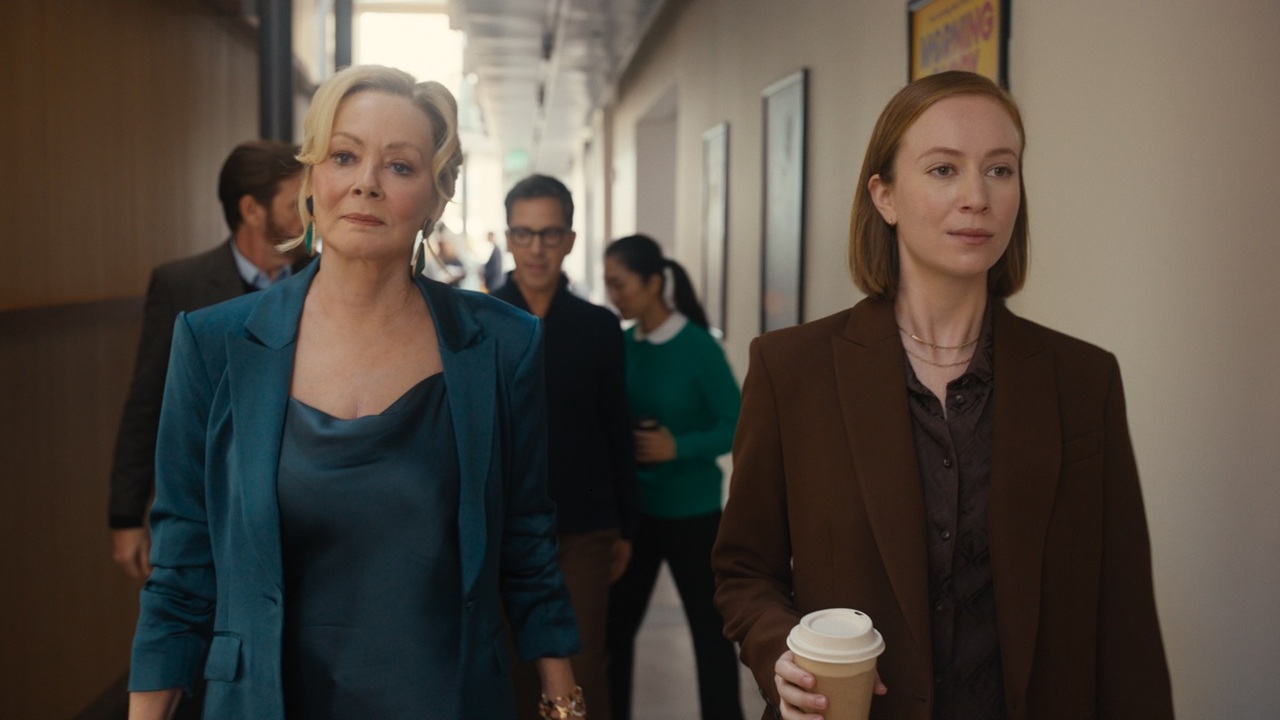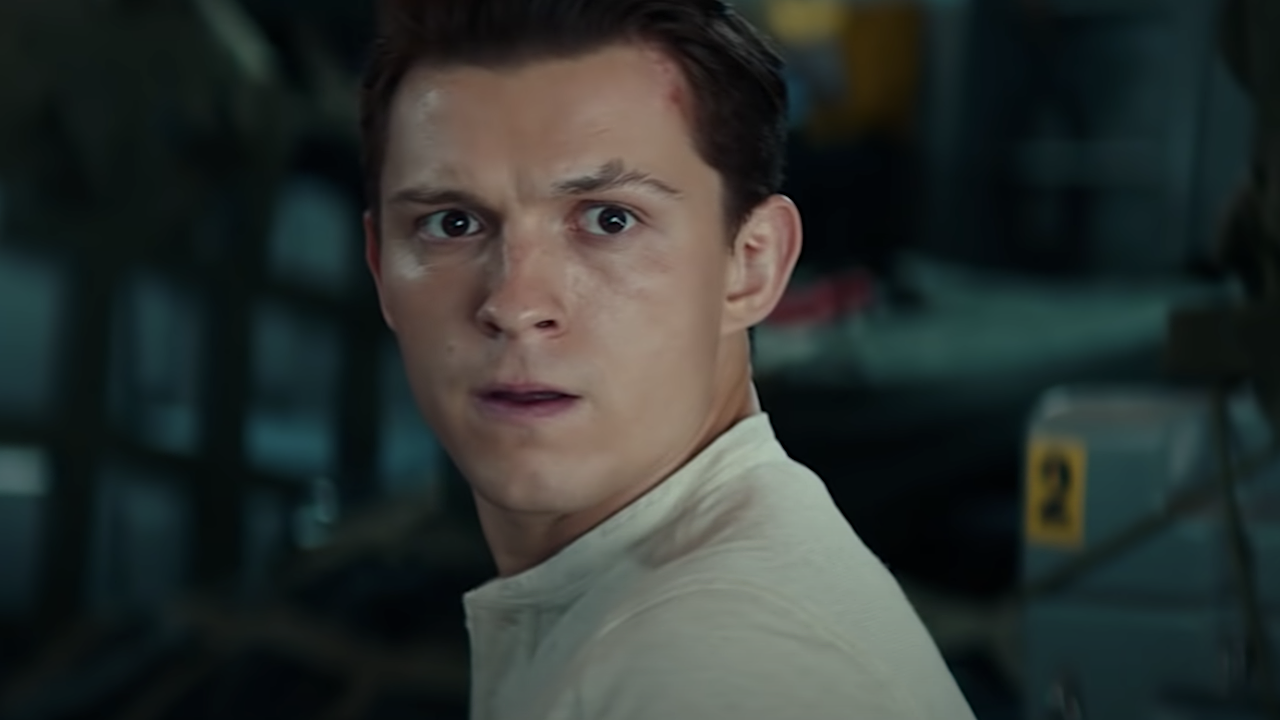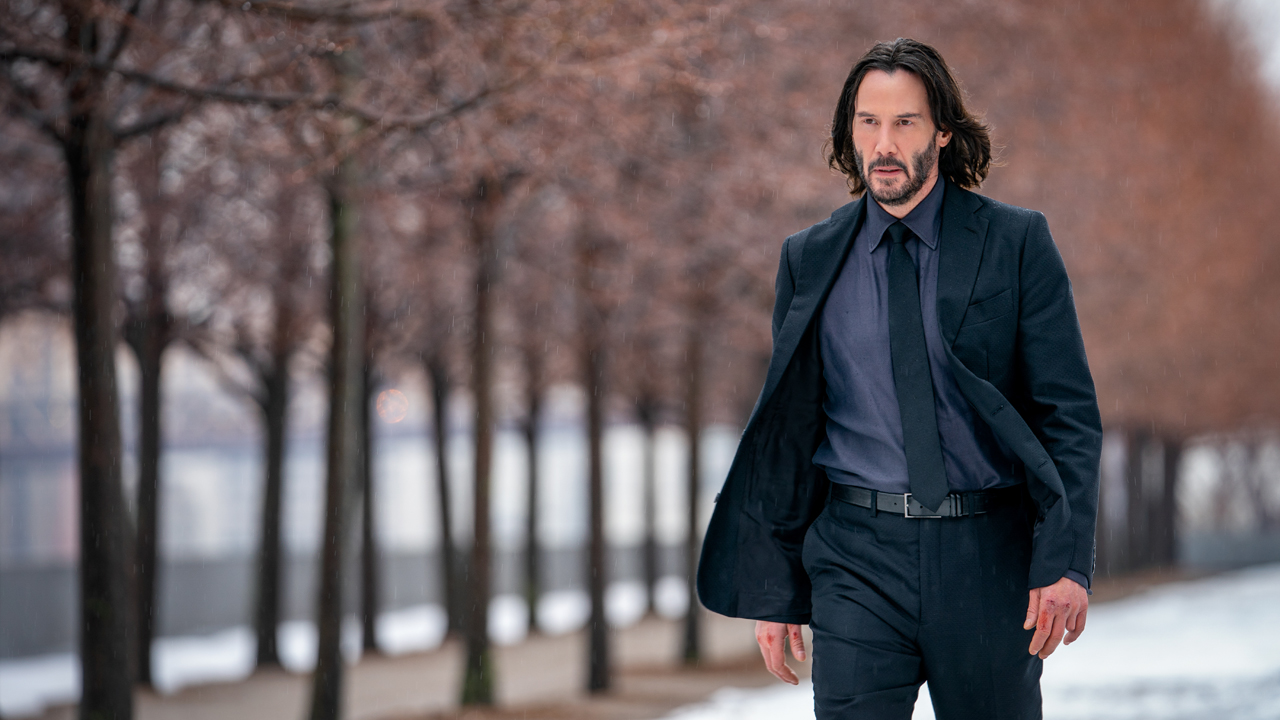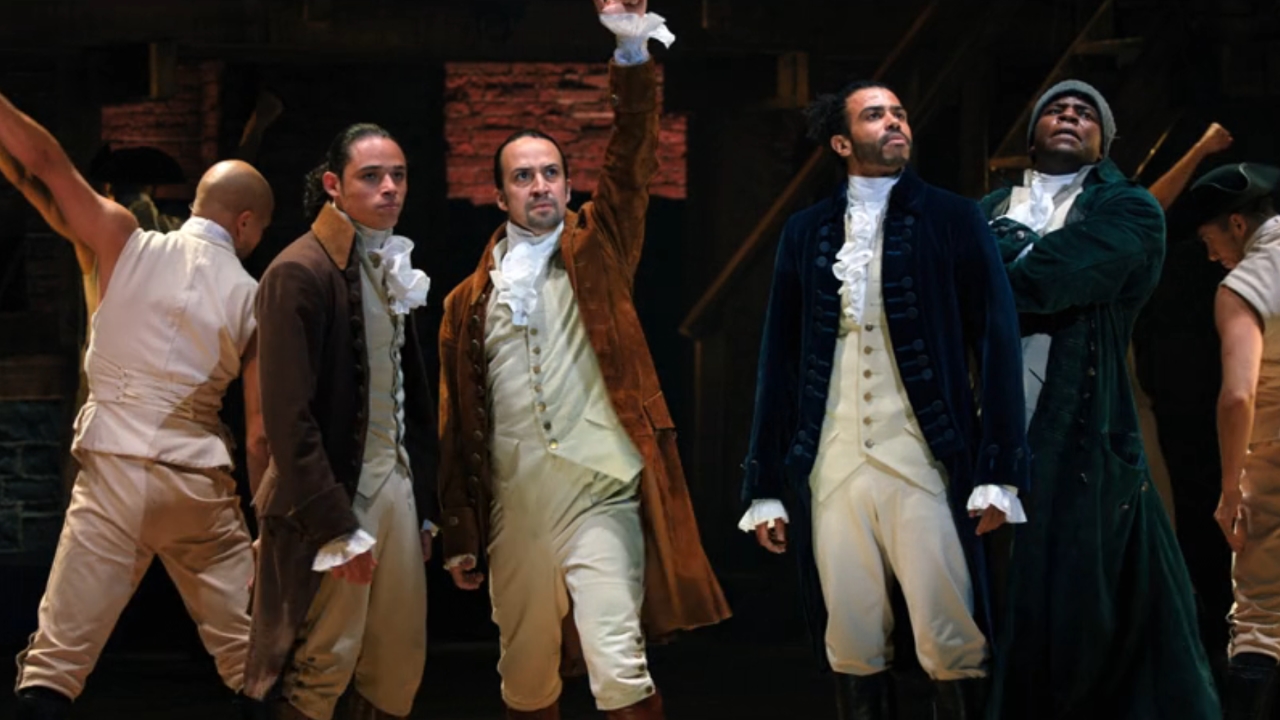How Jessica Jones' Creator Feels About The Show's Biggest Change From The Comics

Comic TV shows are all the rage right now, and some of the greatest Marvel characters are making it to the small screen. No adaptation can be 100% faithful to the source material, so certain alterations must be made to the original comic plots for maximum effectiveness. Netflix's second Marvel venture Jessica Jones featured a major change to chief antagonist Kilgrave that comic creator Brian Michael Bendis never intended for the character. Show creator Melissa Rosenberg added an element of physical sexual assault to Kilgrave that was not present in his work. Brian Michael Bendis explained why he didn't ever feel like the comics should go in the same direction as the TV series ended up going. Here's what he had to say:
I thought about it, and the reason I didn't, I just thought as a man, that's not my road to go down. That's not my place. There was something going on in comics where there was just a lot of raping going on...And I thought there was a much more complex and dangerous road to go down that doesn't have that in it, and as a male creator, do that: teach by example. And at the same time, Melissa and all the writers -- a lot of which are female -- absolutely have every right in the world to take that material and go there, because that's the world that they live in.
Brian Michael Bendis' tells HitFix that his decision to leave rape out of the comics was because of the prevalence of rape in other comic titles. This does help to explain why Bendis' Kilgrave never pushed that particular boundary with Jessica Jones. The type of assaults that can be minimally portrayed and intimated on screen can't necessarily be treated with the same subtlety on the page, and omitting them altogether didn't do any harm to his story. In fact, Bendis went further than leaving out physical rape with Kilgrave; the character wouldn't even touch Jessica, and part of her torture was that he would make her crave sex and then repeatedly deny her. It worked in the comics.
That said, Brian Michael Bendis is on board with how Melissa Rosenberg and the writers chose to use sexual assault for star Krysten Ritter to portray in their version of Jessica Jones:
Watching an image of rape, versus the television allowing them to tell the story they way they did, it's two different universes. I think it's completely appropriate. And I'm not just saying it because the show works. I think (comics) imagery of that could be damaging and distasteful at best, whereas in there, it worked in context of the character. There's also an empowerment that Krysten was bringing to the character, that cannot be discounted.
Jessica Jones really wouldn't have worked without Krysten Ritter tackling both the toughness and the trauma of Jessica, and there was definitely empowerment in Jessica's actions as she forced herself to face her fear and fight Kilgrave. The show never went too far in showing rape for Jessica or any of the other female characters, but the knowledge that it happened really drove home the point that Kilgrave's mental violation of these women feels as traumatizing to them as the physical violation. The casual touches as well as the implied violence made Kilgrave scarier on screen than he would have been if he stayed hands-off for the entire series. He took away all choice, mental and physical.
Personally, I consider Kilgrave to be the scariest villain I've ever watched on comic TV, and I've watched a lot of comic TV. David Tennant was believable as a man with the charm to get his way even without his powers of compulsion, and that made it all the worse that he'd violate everybody around him because it was easier. He was somehow more terrifying when threatening Jessica one-on-one than when he was taking over a police station and forcing cops to turn their guns on themselves. Everything about his powers made him more deeply unnerving to me than Fisk on Daredevil or Damien Darhk on Arrow or Zoom on The Flash.
Luckily for everybody in Hell's Kitchen, Jessica killed Kilgrave at the end of the first season of Jessica Jones, and her next villain is bound to be less connected to her trauma. It will be a while before we get to see her in The Defenders or Season 2 of Jessica Jones. Check out our summer TV premiere schedule to see what you can watch in the meantime.
CINEMABLEND NEWSLETTER
Your Daily Blend of Entertainment News

Laura turned a lifelong love of television into a valid reason to write and think about TV on a daily basis. She's not a doctor, lawyer, or detective, but watches a lot of them in primetime. CinemaBlend's resident expert and interviewer for One Chicago, the galaxy far, far away, and a variety of other primetime television. Will not time travel and can cite multiple TV shows to explain why. She does, however, want to believe that she can sneak references to The X-Files into daily conversation (and author bios).

